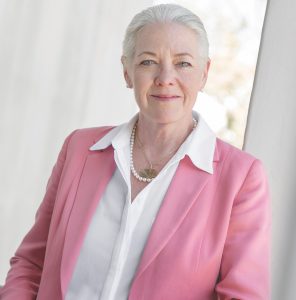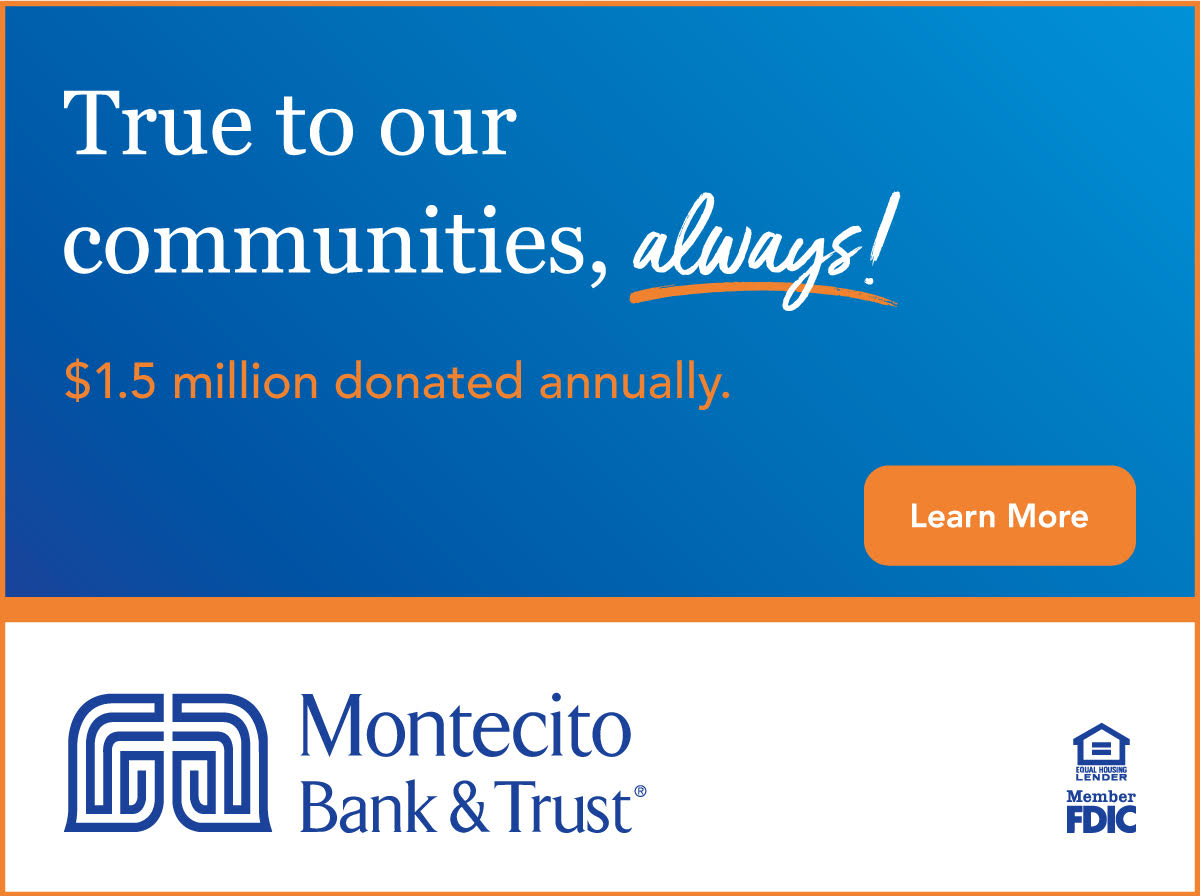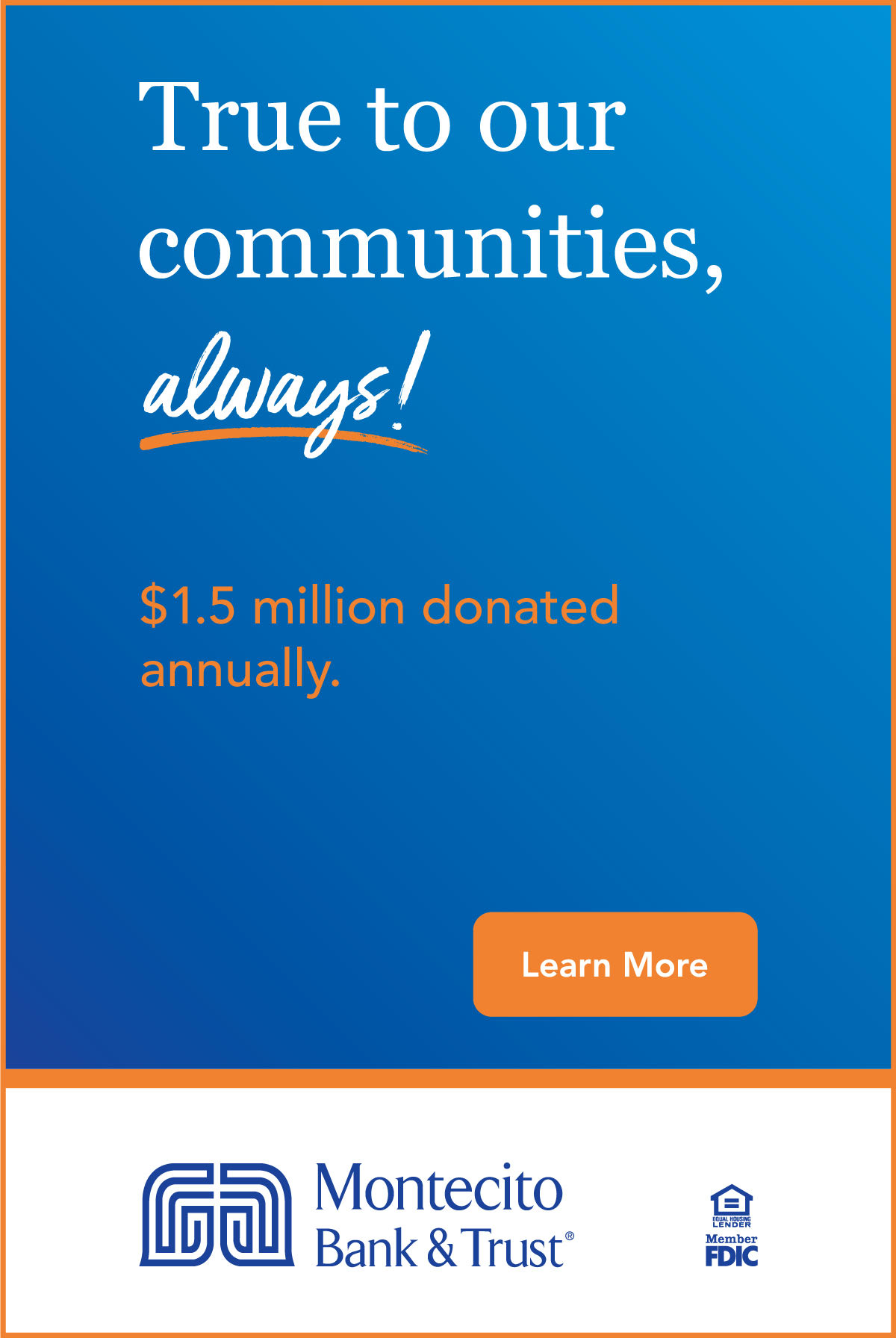Thomas Rollerson is a natural-born empathizer and philanthropist – a condition that literally harks back to his birth. Driven by […more…]
Thomas Rollerson
Thomas Rollerson’s Advice for Donors:
Give responsibly. Funds are in critical need locally, nationally, globally. Just as one gives due diligence to ones’ personal investments, the same practices must be applied to charitable giving.
Give Strategically. Focus on the issues you care most about and select best-in-class organizations. Limit duplication except where you want to help build partnerships. Treat your philanthropy like a balanced portfolio.
Take time to do the math and do the research. At Charity Navigator and at the IRS websites, you can review a nonprofit’s tax filings – including salaries and expenses – which provides you with a financial snapshot of an organization’s priorities and accountability. When it comes to charities and their efficiencies and inefficiencies, I always say “do the math,” although numbers alone may not apply to every organization. For example, an advocacy group would be expected to have higher administrative salary costs versus a program-delivery organization. Therefore, equally important is a qualitative approach, as you ultimately are trusting the leadership and its people to make good with your investment.
Thomas Rollerson’s Pivot Advice for Charitable Trends:
- Corporate social responsibility will be increasingly important for recruitment and retention and the bottom line.
- Greater transparency will be key to engage the next generation of savvy donors.
- Content delivery methods must change beyond direct mail and traditional newsletters to engage the next generation of philanthropists and keep up with technology.
- Private vs. public funding. Individual philanthropists and major foundations are learning that funding policy changes can benefit their mission more than investments in direct-service organizations alone.
- There is a push for boards to reflect those they serve and for these boards to include members of the communities they serve.
- Nonprofit boards will need to prioritize taking better care of leaders and all nonprofit employees for retention.
- Like a responsible donor, organizations will depend on responsible board members that invest in organization outcomes and returns just like a for-profit board.
- The major events of the past 18 months have shown a spotlight on some key issues – racial justice, voting rights, and public health education. Charities whose missions touch on these areas have an opportunity to make a real difference if they speak to the need for progress in these areas.
- Events will continue to change. Children of benefactors are not following the same patterns of philanthropy as their parents, opting out of black-tie events. The labor intensity of producing a splashy event can also distract an organization from meaningful stewardship of mission-driven donors, not to mention more reliable and sustainable sources of funding.
- Prepare for a continued rise in funds directed to climate crisis and disaster relief. Prepare with reserves.


